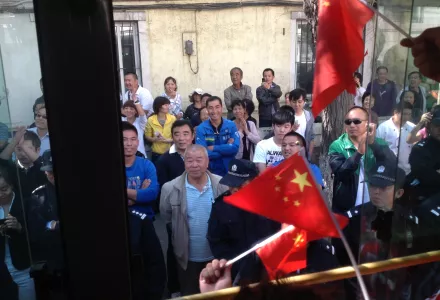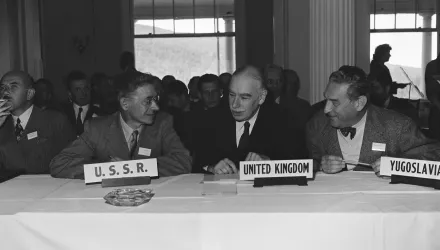International Security is America's leading peer-reviewed journal of security affairs.

Summary
During foreign policy disputes involving China and some of its most important commercial partners, why do local leaders punish or protect foreign commercial actors? How local leaders treat foreign businesses can influence the overall effectiveness of China’s use of economic coercion against foreign states. The variation comes down to the political incentives faced by these leaders. Examination of local leader behavior illuminates why they responded differently during foreign policy disputes with Japan in 2012 and South Korea in 2017.
Kacie Miura, "To Punish or Protect? Local Leaders and Economic Coercion in China," International Security 48, no. 2 (Fall 2023): 127–
The full text of this publication is available in the link below.





